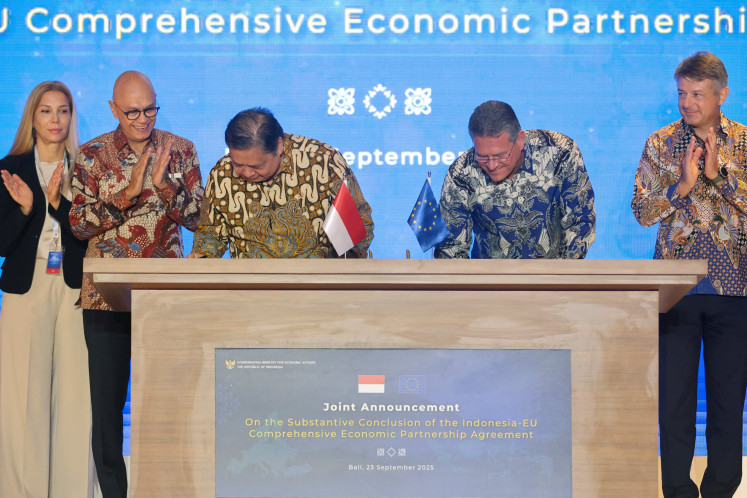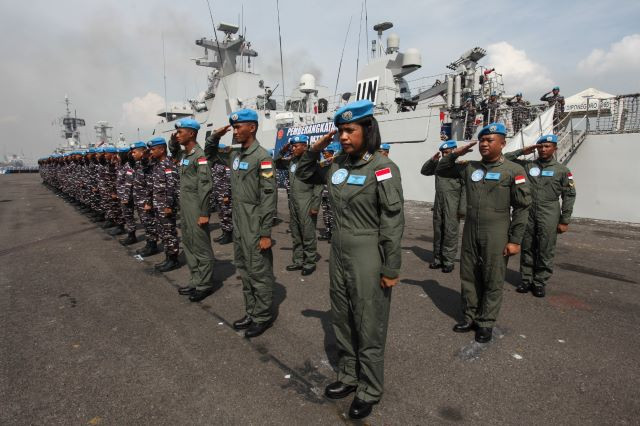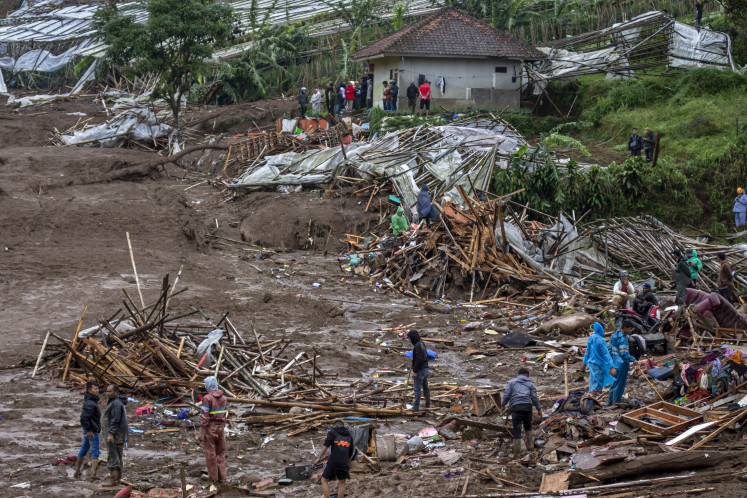Popular Reads
Top Results
Can't find what you're looking for?
View all search resultsPopular Reads
Top Results
Can't find what you're looking for?
View all search resultsInsight: In search of a wise king
Prioritizing civic education is imperative to lay the foundation that will lead Indonesia back to a towering nation with visionary local leaders and a citizenry that deeply participates in democracy
Change text size
Gift Premium Articles
to Anyone

The morning after election day, I flew to Hong Kong with my husband on a long-postponed honeymoon. The choice of destination, picked shortly after our wedding late last year, was rather arbitrary, but the moment we landed there on a chilly evening, it suddenly occurred to both of us how Hong Kong is a unique land of conundrum when it comes to democracy.
Naturally, in between good food and amusement park rides we ended up spending the week pondering many important questions about what makes a certain political system work, including whether there are prerequisites to a democracy.
Sure, through a competitive struggle for people’s votes, democracy holds leaders accountable (or at least it is supposed to), incentivizes them to deliver services and redistribute wealth, and, according to Acemoglu and Robinson, yields inclusive economic institutions. In addition, its temporary nature allows peaceful government transitions. Each of these claims is backed by a long list of political scientists: from Adam Przeworski and Amartya Sen, to Robert A. Dahl. Lake and Baum go so far as to show that countries that transition away from democracy have worse access to water, higher child mortality, as well as low education outcomes.
However, power distribution is only one side of the coin when it comes to making sure that democracy, or any political system, for that matter, accommodates the public interest.
After all, it is perfectly possible for a democracy to back policy packages that are unethical or not supported by science, this explains climate inaction, among a long list of other things. We have seen this around the world: populist demagogues winning the hearts of the common voters through misleading messages, relying on their ignorance rather than opting for the long and winding road of educating the masses. We have witnessed one too many times politicians worldwide who kill data that do not support their objective (remember the pandemic?).
Similarly, we have heard tales of wise kings, throughout ancient Nusantara and beyond, who, despite being the sole ruler with no real consequence or check-and-balance mechanism, made fair decisions not guided by their self-interests. In the modern world, the term “benevolent dictator” refers to authoritarian leaders who exercise absolute power over the state, but with primary regard to the benefit of the population.



















